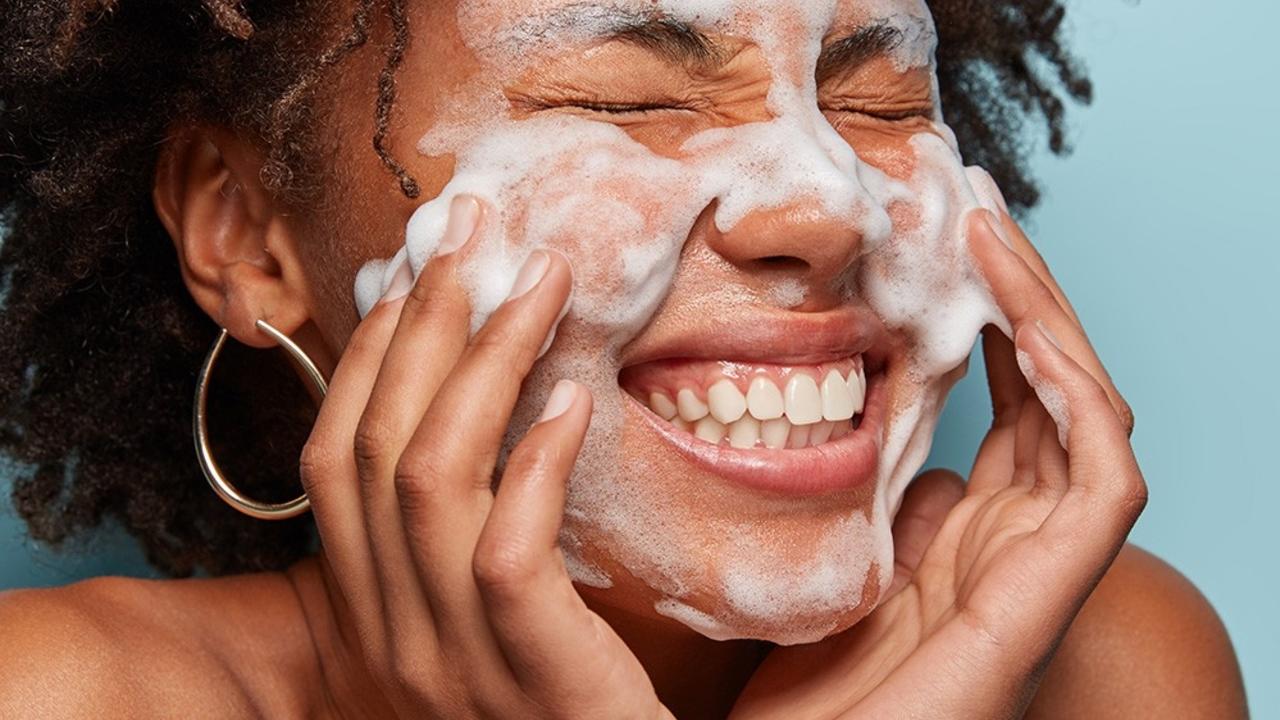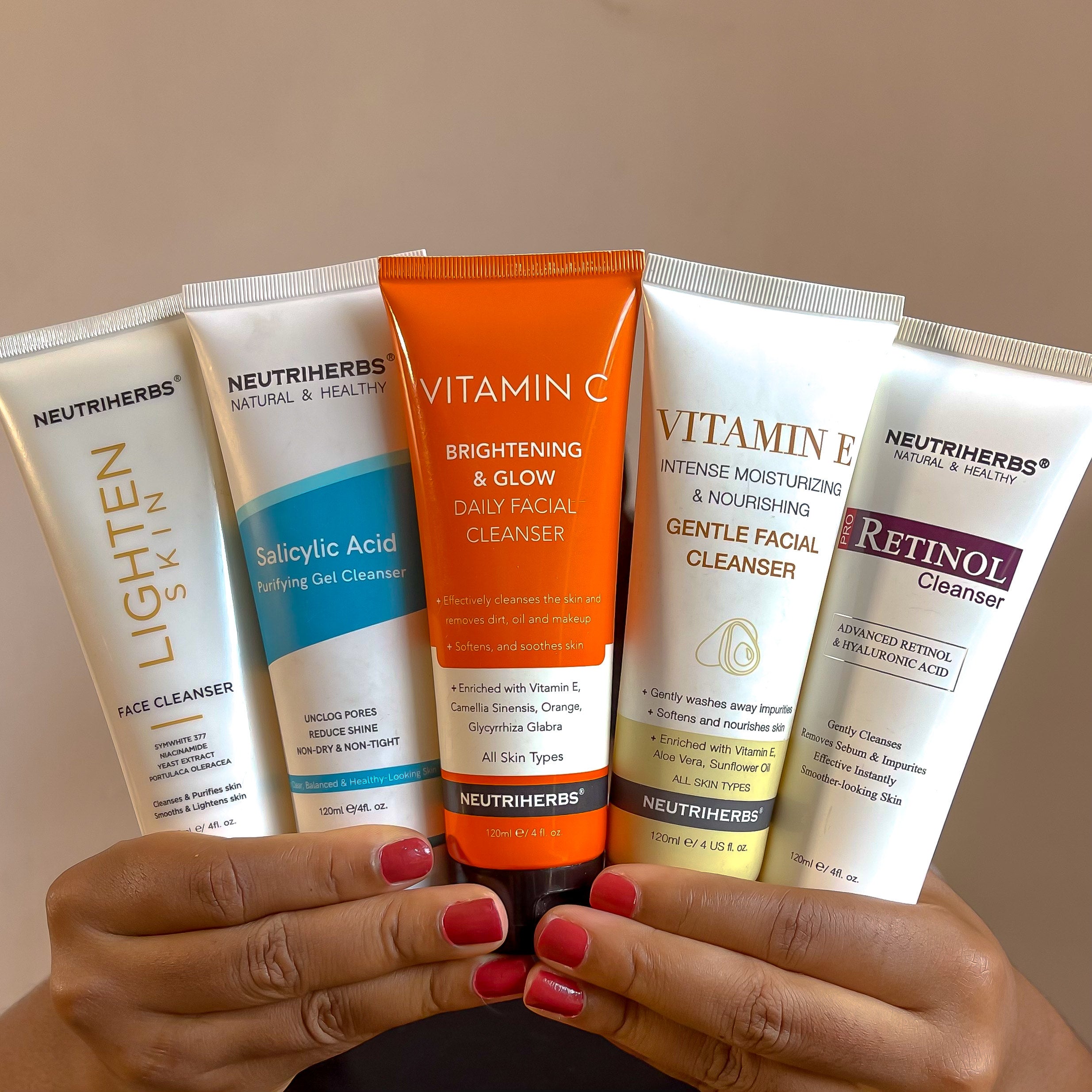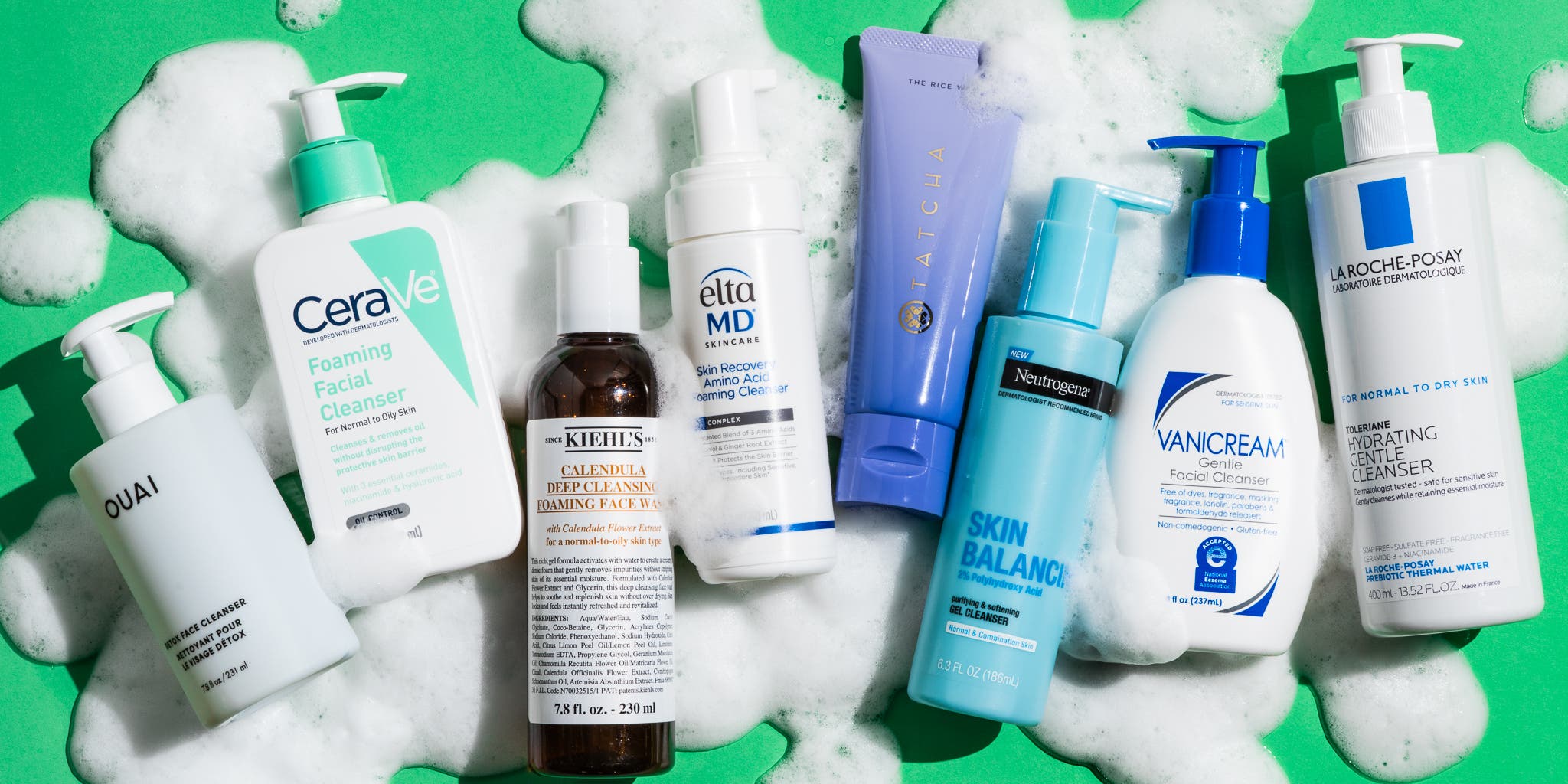


Date: 07 Oct 2025
Choosing the right cleanser is critical when you have sensitive skin. While it might seem like a basic step in your routine, the wrong product can lead to redness, irritation, tightness, or even breakouts.
Sensitive skin is reactive — and this reactivity means that every ingredient matters, especially in products you use daily.
Sensitive skin isn't a specific medical condition — it's a symptom-based skin type. You may have it if your skin overreacts to certain ingredients, weather changes, or even water. Here's how to know if you fall into this category.
You likely have sensitive skin if you regularly experience:
If these symptoms sound familiar, it’s time to rethink your skincare — starting with your cleanser.
Your cleanser is the first step in your routine and often the most overlooked. Many cleansers, even those labeled “gentle,” contain ingredients that strip away natural oils or upset the skin's pH balance.
For sensitive skin, your cleanser should do three things:
This isn’t the time for trendy or over-complicated formulas. A simple, science-backed cleanser with skin-supportive ingredients is your best bet.

When scanning a label, focus on soothing, hydrating, and barrier-repairing ingredients. These ingredients help minimize reactivity while keeping your skin nourished and balanced.
Always look for labels that say: “Fragrance-free,” “Hypoallergenic,” “Non-comedogenic,” and “Tested for sensitive skin.”
Equally important is knowing what to avoid. Certain ingredients — even those marketed as "natural" or "deep-cleaning" — can be major triggers.

Not sure where to start? Below are the top cleansers dermatologists consistently recommend for sensitive skin. These formulas are clinically tested, fragrance-free, and formulated to protect and restore the skin barrier.
CeraVe’s Hydrating Facial Cleanser is a cult favorite in dermatology offices — and for good reason. It uses a non-stripping formula that includes ceramides and hyaluronic acid to help retain moisture and support the skin’s natural barrier.
Unlike many cleansers, this one leaves your skin feeling soft and clean — never tight. It’s accepted by the National Eczema Association and is ideal for anyone dealing with dryness, flakiness, or a compromised barrier.
Key Benefits:
Formulated with niacinamide, ceramides, and La Roche-Posay’s prebiotic thermal water, this cleanser is ideal for very sensitive or compromised skin. It’s designed to cleanse thoroughly while preserving essential skin lipids and moisture.
It’s often recommended by dermatologists for patients on acne medications, those with rosacea, or anyone recovering from skin barrier damage.
Key Benefits:
Vanicream’s Gentle Facial Cleanser is formulated without over 90 common allergens — including dyes, fragrance, parabens, and formaldehyde. It’s incredibly simple, yet effective, and is highly recommended for medical skin conditions such as eczema, psoriasis, and contact dermatitis.
It doesn’t contain botanical extracts or unnecessary fillers, making it a safe option for even the most reactive skin types.
Key Benefits:
Aveeno combines the power of colloidal oatmeal and feverfew extract in this skin-soothing cleanser that helps relieve redness, itching, and tightness. It’s especially good for people with seasonal sensitivity, windburn, or mild rosacea symptoms.
This cleanser gently removes impurities without disrupting the skin’s moisture levels, leaving it feeling soft and balanced.
Key Benefits:
If your skin is both sensitive and prone to breakouts, Neutrogena’s Ultra Gentle Hydrating Cleanser is an excellent option. It’s soap-free and non-comedogenic, meaning it won’t clog pores or exacerbate acne — yet it's gen tle enough to use daily.
Its creamy texture is soothing to irritated skin while still removing dirt and makeup effectively.
Key Benefits:
Even the best cleanser won’t help if it’s used incorrectly. Sensitive skin demands a gentle technique.
Here are a few expert tips:
Consistency is key. Avoid switching products frequently — this can confuse and irritate the skin.
Sensitive skin needs care, not complication. Choosing a cleanser that’s gentle, fragrance-free, and dermatologist-recommended can drastically improve your skin’s health and reduce reactivity over time.
A cream or lotion-based cleanser is often best — especially one that’s fragrance-free and packed with soothing ingredients like ceramides or aloe vera.
Some can — as long as they’re sulfate-free and designed for sensitive skin. Look for gentle foaming cleansers with a short ingredient list.
Once in the morning and once at night is ideal. However, if your skin is very dry or irritated, cleansing once at night may be enough.
Yes — but gently and sparingly. Choose a mild chemical exfoliant (like lactic acid) no more than once a week, and avoid physical scrubs.